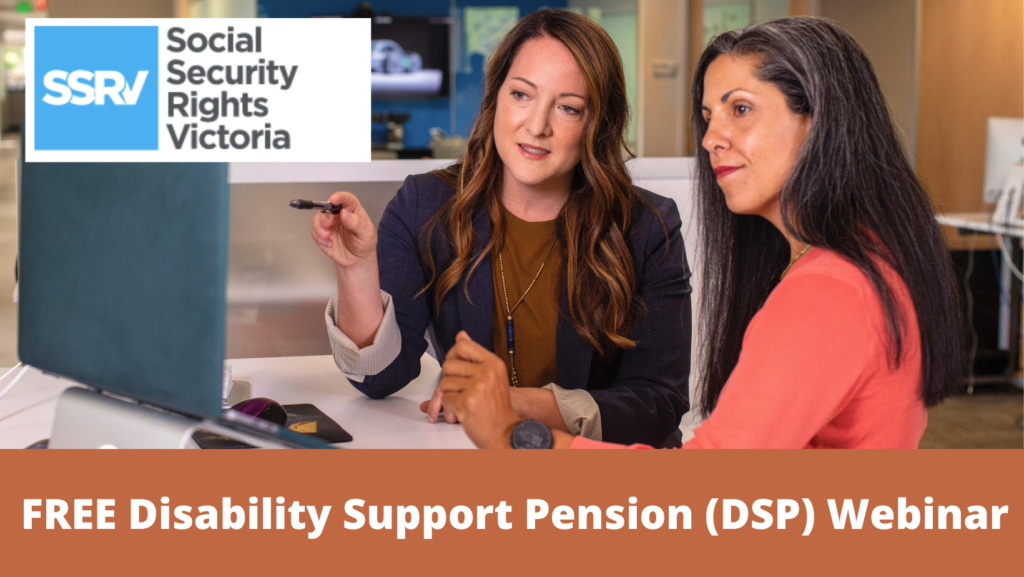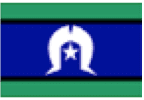Anyone who has contacted SSRV about appealing a Centrelink decision will know that we go to great lengths to stress the importance of time limits.
Read our article ‘Time limits: why they matter’ to learn more about when and how time limits apply to appealing Centrelink decisions.
Time limits are always important, but are particularly important when appealing an Administrative Review Tribunal (ART), Social Services and Child Support Division (‘SSCSD’) decision to the Administrative Review Tribunal, General Division (‘General Division’). Failure to meet this time limit may mean you lose the ability to appeal to the General Division. This time limit applies to all decisions, including debts.
What happens when you miss a time limit?
Time limits are critical at each stage of the appeal process as they can impact your right to back payment if an appeal is successful. However, you can still lodge an Authorised Review Officer review (‘ARO’) or SSCSD appeal if you miss the 13-week time limit. Missing the time limit often means that, if successful, the date you can be back paid changes to the date you lodged the appeal, often resulting in less back pay.
A strict 28-day time limit applies to appeal an SSCSD decision to the General Division.
Once the 28-day time limit expires, you will need to lodge an extension of time application to the General Division, asking them to allow you to appeal.
There is no guarantee an extension will be granted as the General Division will consider a range of factors in deciding whether to allow you to appeal out of time. In fact, it is very difficult to obtain an extension of time to appeal. If the General Division refuses your application, you will not be able to appeal the SSCSD decision to the General Division.
The legislation
The power to grant an extension of time comes from section 29(7) of the Administrative Appeals Tribunal Act 1975. It states that the General Division may grant an extension if ‘satisfied that it is reasonable in all the circumstances.’
The case of Hunter Valley Developments Pty Ltd and Others v Minister for Home Affairs and Environment 1984 outlines the following list of factors as a guide to assist the Tribunal in making their decision whether to grant an extension of time application:
- Special circumstances need not be shown, however, the Court will not grant the application unless positively satisfied that it is proper so to do [and] … there is an “acceptable explanation of the delay” and it is “fair and equitable in the circumstances” to extend time.
- Action taken by the applicant, other than by making an application for review under the Act, is relevant to the consideration of the question whether an acceptable explanation for the delay has been furnished.
- Any prejudice to the respondent… however, the mere absence of prejudice is not enough to justify the grant of an extension.
- The merits of the substantial application are properly to be taken into account in considering whether an extension of time should be granted.
- Considerations of fairness as between the applicants and other persons otherwise in a like position.
Case studies
There are a number of cases where an extension of time was refused despite being lodged just one day after the 28-day time limit expired.
However, extensions aren’t always refused. In Reilly and Secretary, Department of Social Serivces (Social services second review) [2019], the impact of family violence was a key factor in the General Division granting an extension of time.
In Anastasis and Secretary, Department of Social Services (Social services second review) [2018], the General Division granted an extension of time that involved a delay of over two years, complex personal circumstances for the applicant and a determination that there was merit to the substantial application.
If you want to appeal an ART SSCSD decision, lodge your application within the 28-days of receiving the SSCSD decision. If you miss the time limit, you can make an extension of time application but it may not be successful, which will prevent you from appealing the SSCSD decision to the General Division.
Need legal help?
SSRV is a community legal centre that provides free legal services in relation to social security and Centrelink matters to people across Victoria.
Legal Assistance Line
Monday – Friday
9am-1pm and 2pm-5pm
Phone: 03 9481 0355





